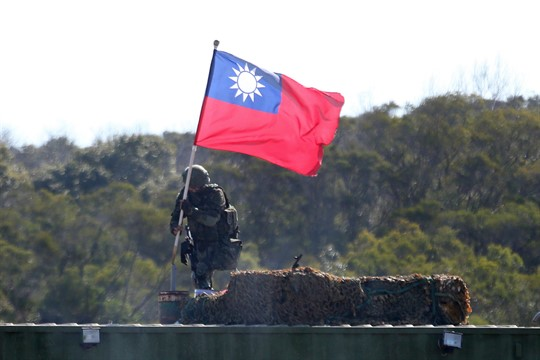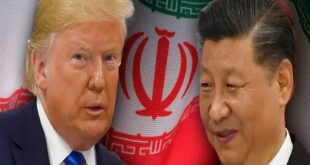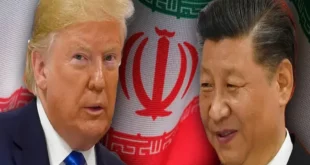The top U.S. military commander for the Asia-Pacific region, Adm. Philip Davidson, raised eyebrows at a recent Senate hearing when he suggested China could invade Taiwan within the next six years. The nominee to replace Davidson at the head of U.S. Indo-Pacific Command, Adm. John Aquilino, then went a step further, telling the same committee last week that in his view, “This problem is much closer to us than most think and we have to take this on.”
At first glance, such concerns might seem justified. The Chinese Communist Party has always viewed the annexation of Taiwan as a key strategic goal, but its posture toward the democratic, self-ruling island has grown markedly more belligerent in recent years. Chinese leaders have publicly reiterated their willingness to use force to “unify” Taiwan with the mainland, while ramping up the pace of military activities in and around the Taiwan Strait. Meanwhile, President Xi Jinping has presided over the rapid growth and modernization of the People’s Liberation Army—particularly its navy, air force and missile arsenal. Where Taipei once enjoyed certain advantages in the event of a military conflict, including technological superiority and the benefits of island defense, many military analysts now conclude that China could take Taiwan by force, and that the United States would be hard-pressed to stop it.
 Eurasia Press & News
Eurasia Press & News




